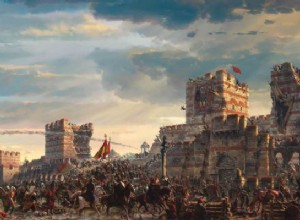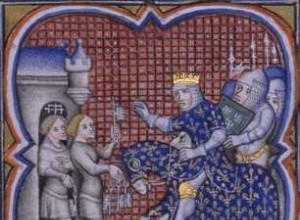Why didnt the West help Byzantium? This question has plagued historians for years. The answers that have been given vary. In Greece, the refusal of the Westerners to help is emphasized due to the refusal of the Byzantines to submit to the papal church. But this is only one parameter and probably not




